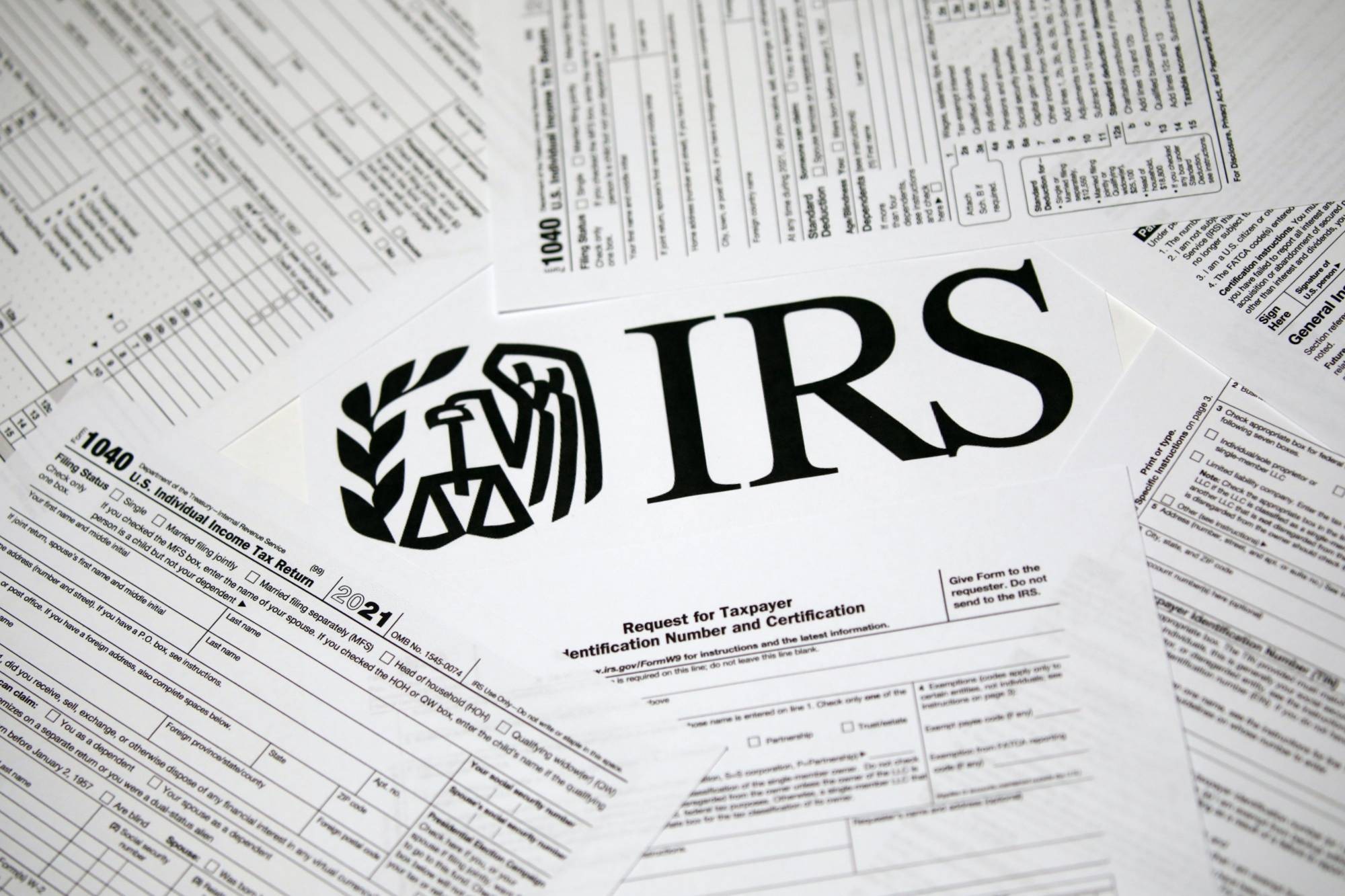One of the most conspicuous parts of the recently passed U.S. tax-and-spending package known as the Inflation Reduction Act was the vastly expanded funding for the Internal Revenue Service.
The promised flood of cash — an additional $80 billion over ten years, compared with baseline annual spending of around $15 billion — raises some questions, and one of the most important is getting less attention than it should. If the IRS lacks the means to do its job well, could that be because its job is far more demanding than it ought to be?
In a word, yes: The IRS struggles to administer the system because U.S. taxes are insanely complicated. In this respect, the purportedly bold innovation on funding for the agency is partly a tribute to the status quo. The enormous increase in spending is combined with another new batch of complexities. Highlights include incentives for climate-related investments and assorted other good things, and a minimum corporate tax that requires eligible companies to calculate what they owe not one way but two, then pay the larger sum.



















With your current subscription plan you can comment on stories. However, before writing your first comment, please create a display name in the Profile section of your subscriber account page.